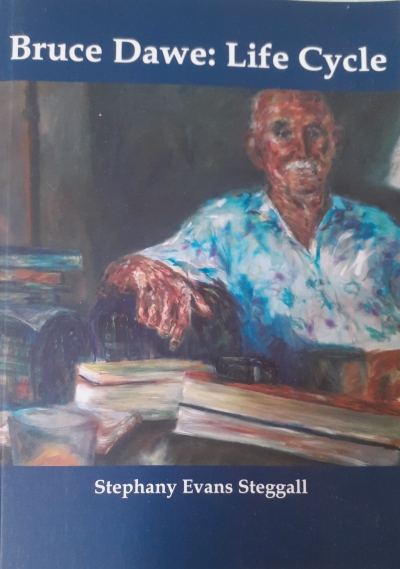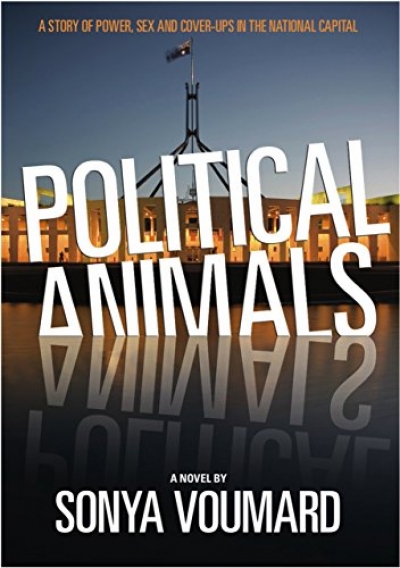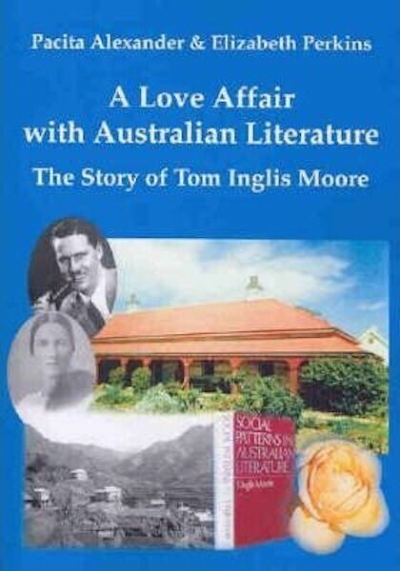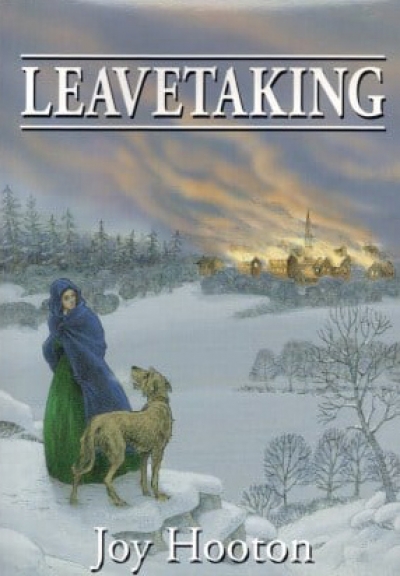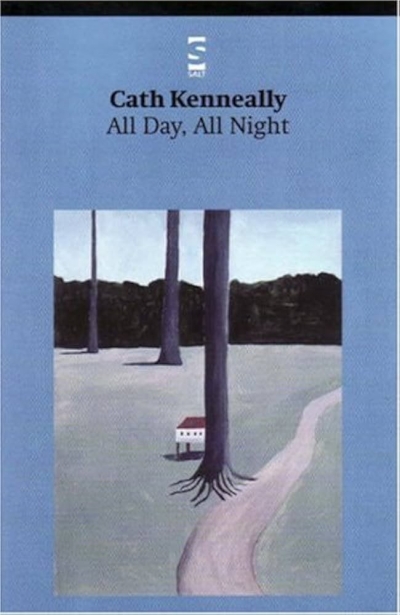Ginninderra Press
A Love Affair with Australian Literature: The story of Tom Inglis Moore by Pacita Alexander and Elizabeth Perkins
by Anthony J Hassall •
Unfinished Journey: Collected Poems 1932-2004 by Michael Thwaites
by Philip Harvey •
Leavetaking by Joy Hooton & Temple of the Grail by Adriana Koulias
by Gillian Dooley •
A Cold Touch by Lawrence Bourke & All Day, All Night by Cath Kenneally
by Richard King •

